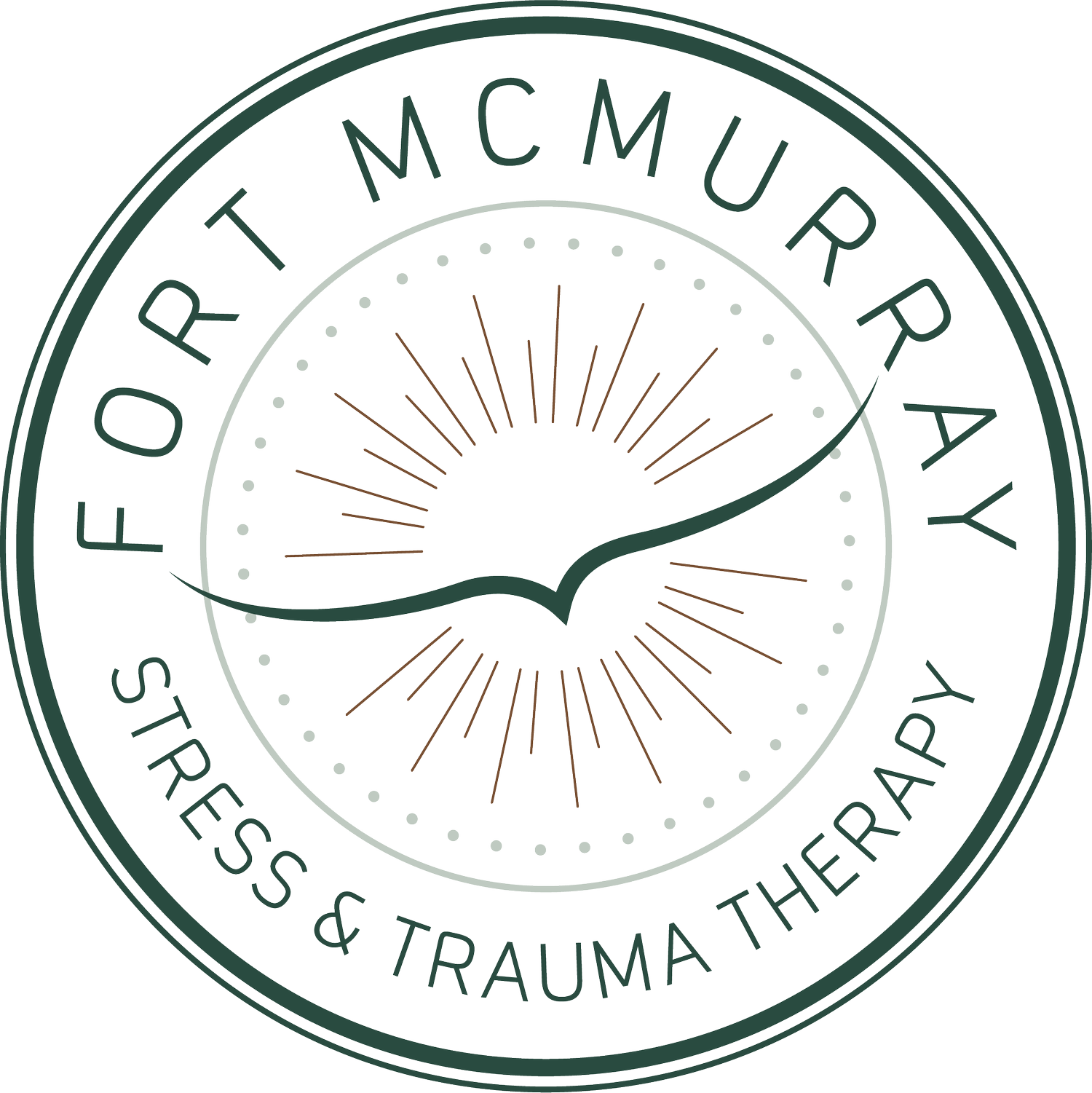Childhood Trauma & C-PTSD
Therapy for Adults & Teens Navigating
Helping you shift out of survival mode and embrace your authentic self.

Whether you want to admit it or not, the “family stuff” and “childhood shit” are at the root of, well, everything.
- Vienna Pharaon -
Navigating Your Experiences of Childhood Trauma
You never really had a childhood.
For as long as you can remember, you've been on high alert and anticipating others' needs. You had to take on adult responsibilities, and when you needed support, it wasn't there.
It felt bad when you experienced trauma, and as a child, you believed this feeling meant you were bad. No one reassured you that it wasn't your fault, helped you feel safer, or showed genuine care.
If this resonates, you might still feel like you're bad, not good enough, or unlovable.
Logically, you might know that none of this was ever true. But I know it's hard to shake the feelings and sensations telling you otherwise.

Trauma is not only events that happened but also important experiences that did not.
Imagine It’s Your 5th Birthday.
You’ve just received a brand-new bike, and your caregivers promise to teach you how to ride tomorrow. But you're so excited, and tomorrow feels too far away. So, while your caregivers are tidying up, you head outside to try on your own. Early into your attempt, you fall and scrape your knee. It really hurts.
Now, let’s imagine your caregivers immediately rush outside after seeing you fall through the window. Or perhaps you run back inside, tearfully sharing your pain. They hold you close until your breathing settles and place a Band-Aid on your knee. They explain the importance of having their help while learning and encourage you to try again the next day. That weekend, you learn to ride and feel on top of the world.
Would that scraped knee still bother you today?
Probably not.
But what if no one ever came to help? Or if past experiences taught you that seeking support from your caregivers wasn’t safe?
Complex Trauma, C-PTSD & Developmental Trauma
When frightening childhood experiences are met with support and care, they are less likely to become lasting trauma.
However, if you faced tough experiences alone or if important adults caused you distress, the impact can be more profound.
Repeated trauma during critical stages of development can alter how your brain develops. Trauma researchers refer to this type of experience as developmental trauma.
You May Have Experienced Developmental or Complex Trauma If…
You experienced repeated or ongoing emotional, psychological, physical, or sexual abuse.
You witnessed frightening events or were exposed to abuse like domestic violence.
Your emotional needs were dismissed or met with yelling, mocking, shaming, or violence.
You experienced ongoing bullying or other traumas and did not receive support or protection from important adults.
Your caregivers couldn’t consistently care for you due to challenges with substances or their mental health.
Your basic needs were ignored or inconsistently met.
If these events occurred early, you might not have conscious memories. Early childhood trauma often leaves behind memories without a clear picture. When triggered, you may experience intense feelings and sensations that temporarily overwhelm your mind and body. Without a visual memory attached, it’s easy to mistakenly connect these feelings and sensations to present-day situations.
Understanding the Difference Between PTSD and Complex PTSD
All trauma impacts us deeply, but not all trauma is the same. While Post-Traumatic Stress Disorder (PTSD) often stems from single traumatic events, Complex Post-Traumatic Stress Disorder (C-PTSD) develops from prolonged or repeated trauma, especially in situations where escape feels impossible or your choices are limited.
What Is Complex PTSD?
PTSD and C-PTSD share core symptoms, such as re-experiencing trauma through experiences like nightmares or flashbacks, avoiding reminders, and constantly being on high alert.
However, C-PTSD often stems from being harmed or not adequately cared for by others. This harm leaves a deep impact and understandably creates additional challenges, including:
A Calm Mind & Body Feels Unsafe: You may feel flooded with survival energy, experiencing anxiety, insomnia, anger, or panic attacks. At other times, your energy might vanish, leaving you feeling depressed, dissociated, numb, or completely exhausted. You might find yourself moving between these extremes, rarely getting the chance to feel balanced.
Holding Negative Beliefs About Yourself (Low Self-Esteem): You may wrestle with feelings of shame and the belief that you don’t truly fit in or belong. This can extend into relationships, parenting, work, or other roles where you feel you’re never good enough or unworthy of the positive feedback you receive.
Relationship Challenges: You may feel unsafe connecting with others or go to great lengths to prevent people from leaving. Recognizing unhealthy partners or ending relationships that aren’t working can be challenging. In healthy relationships, you might find yourself bracing for things to go wrong.
Trauma Therapy & Counselling for Complex Trauma and C-PTSD
You don’t have to navigate the effects of complex trauma alone.
With the right treatment and support, you can rebuild your sense of safety, reconnect with your authentic emotions, and lean into fulfilling relationships.
Ready to Get Started?








